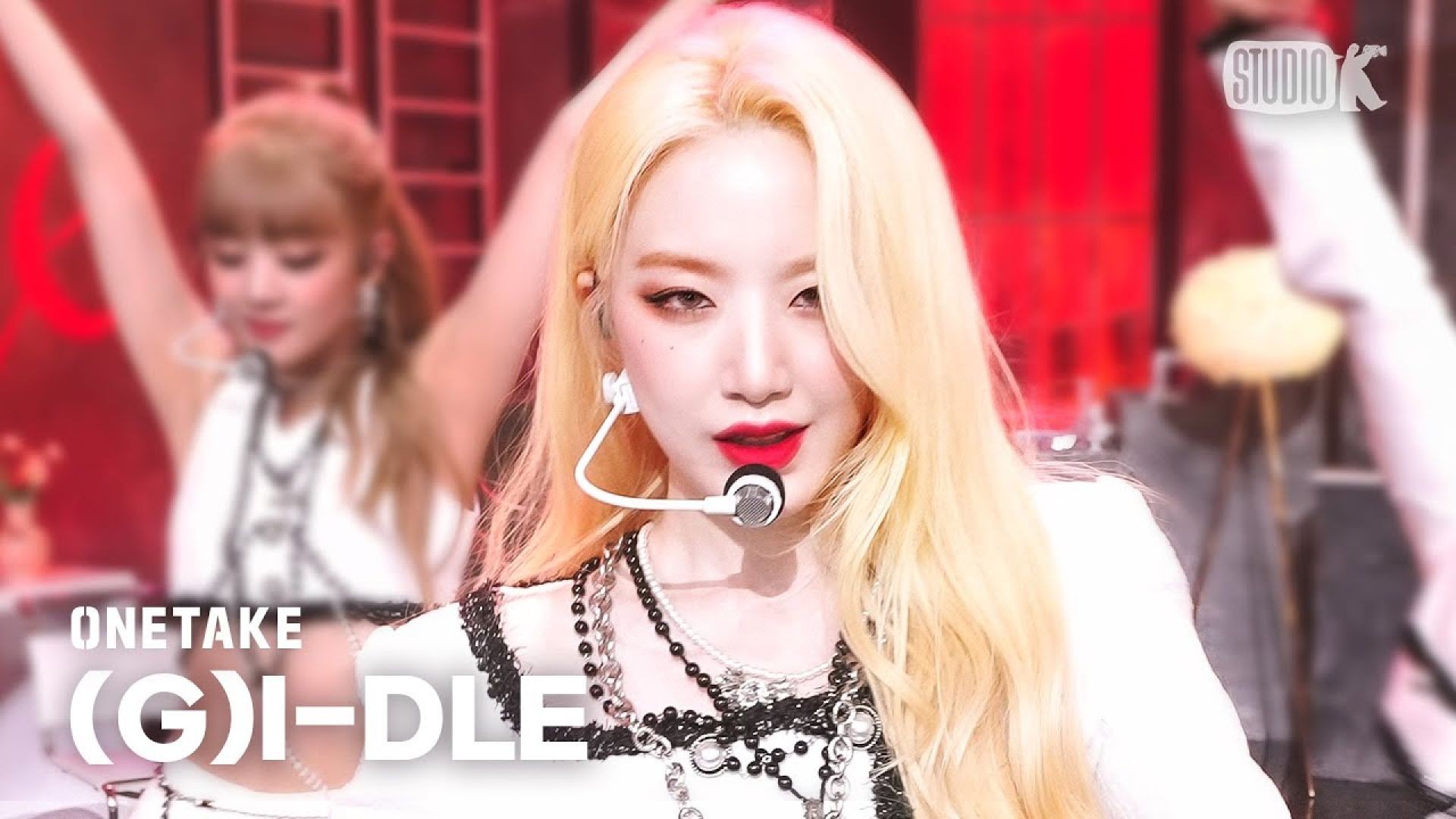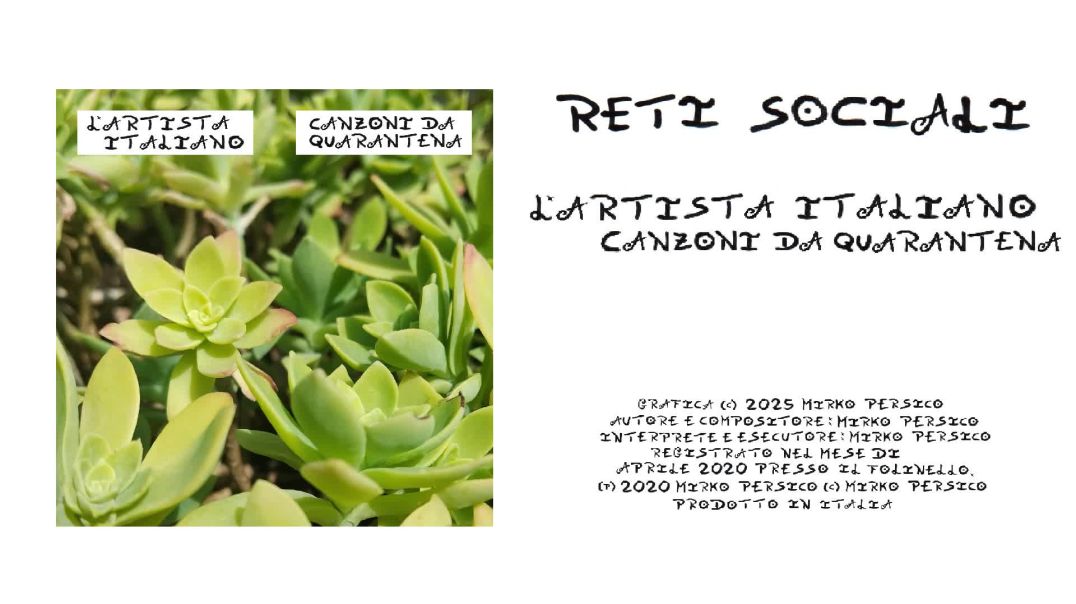36.1K Views· 09 April 2025
Ray Dalio on Trump's Tariffs: Agreement with the Problem, Concern About the Solution
In a candid discussion about President Trump’s tariffs, renowned investor Ray Dalio shared his perspective on the economic implications of the trade policies, highlighting a nuanced view that is often missing from mainstream debates. While Dalio acknowledged the validity of the problem that led to the imposition of tariffs, he expressed significant concern about the solution.
The Problem: China’s Trade Practices
Dalio's assessment of the situation starts with an acknowledgment of the real issues at the heart of the trade dispute, particularly between the U.S. and China. He agreed with Trump’s stance on certain unfair trade practices, such as intellectual property theft, forced technology transfers, and other policies that have put American businesses at a disadvantage in global markets.
China’s rapid economic rise and its manipulation of trade terms over the years have raised legitimate concerns for many economists, including Dalio. The trade imbalances and practices that have benefited China at the expense of the U.S. are not lost on him, and he concurs with Trump’s identification of these challenges.
The Concern: The Tariff Solution
However, Dalio voiced his strong concern about the solution being pursued by Trump—the tariffs themselves. While tariffs might seem like a quick fix to economic unfairness, Dalio believes that they are ultimately a short-term measure that could have long-term negative consequences.
One of Dalio’s primary concerns is that the tariffs impose a burden on American consumers and businesses, as companies are forced to pay higher costs for goods imported from China. This can lead to inflation, reduce consumer purchasing power, and hurt domestic industries that rely on Chinese imports for their supply chains. The rising cost of goods and services could dampen the U.S. economy’s growth prospects, especially for the middle class.
Moreover, Dalio believes that tariffs are unlikely to lead to the kind of structural changes needed in China’s economic practices. While they may pressure China in the short term, they do not address the deeper issues such as economic policy reform or global trade fairness.
Dalio’s Alternative View: Strategic Engagement
Instead of relying on tariffs, Dalio suggests that a more strategic, diplomatic approach might be necessary to tackle the trade issues with China. This could involve more nuanced negotiations, multilateral agreements, and international pressure that targets specific practices while avoiding broad-based tariffs that disrupt global trade.
Dalio’s perspective is informed by his extensive experience in global finance and the understanding that trade relations are intricate. He argues that a careful, well-thought-out approach is essential to balancing the needs of American businesses, global markets, and diplomatic relations.
Conclusion: The Balance Between Problem and Solution
Ray Dalio’s thoughts on President Trump’s tariffs reveal a complex stance: he agrees with the identification of the problem, but remains deeply concerned about the solution. In his view, tariffs might not be the best way to address the challenges of global trade imbalances. Instead, a more coordinated and strategic approach might offer a better pathway forward for both the U.S. and its global partners.
As the global economic landscape continues to evolve, Dalio’s perspective serves as a reminder that solving complex economic issues requires more than just quick fixes. It demands thoughtful, long-term strategies that consider both immediate impacts and future stability.
#raydalio #trumptariffs #tradewar #chinatariffs #globaltrade #economicpolicy #intellectualproperty #tariffsolution #tradedisputes #useconomy #diplomaticapproach




























91 Comments
Wash and CO
8 days agoJollyfreeeee
10 days agorummynabobs
11 days agoAjay Kumar
12 days agoMandyDilli
13 days ago